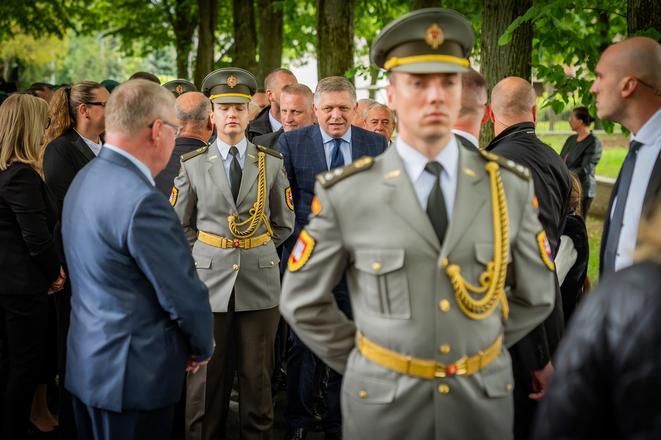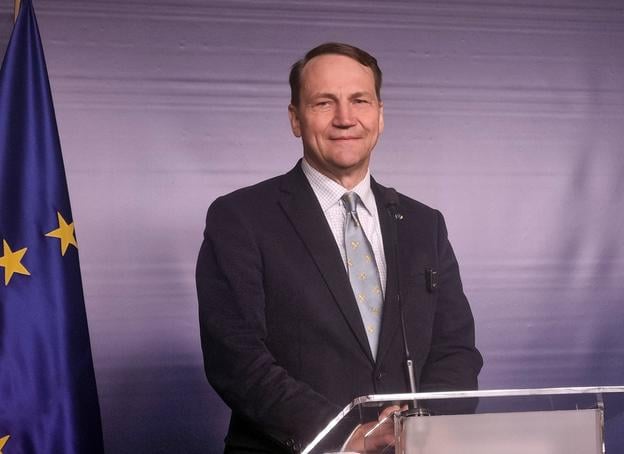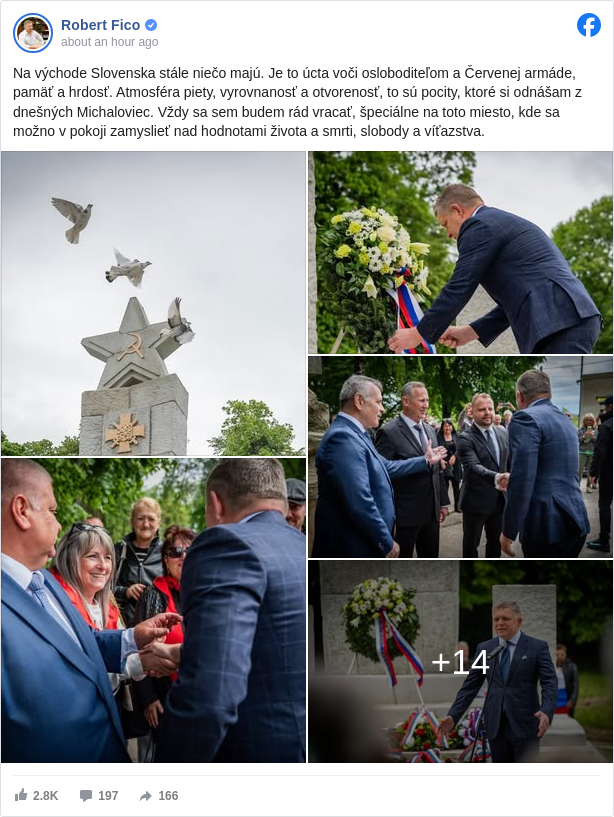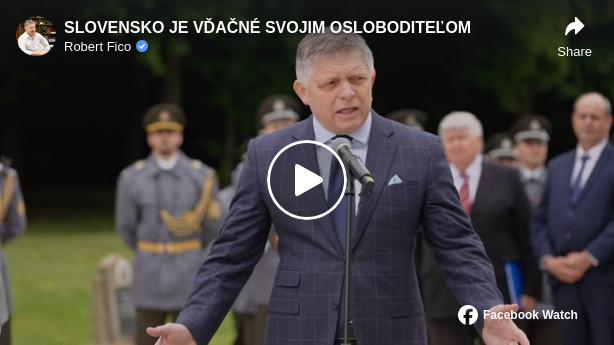Prime Minister Robert Fico is expected to meet Russian President Vladimir Putin on Friday, in a visit shrouded in secrecy at home but confirmed publicly by the Kremlin. The trip, which will make Fico the only leader from a European Union member state to attend Moscow’s Victory Day celebrations, underscores his increasingly defiant stance towards the bloc’s unified approach to Russia since its invasion of Ukraine in February 2022.
While the Kremlin announced the meeting would cover bilateral and international issues, including Ukraine, Slovaks learned about the talks not from their own government but from Yuri Ushakov, a senior Putin aide. Only later did Erik Kaliňák, head of Fico’s advisory team and a member of the European Parliament, confirm that a “bilateral meeting is on the table” and that discussions had advanced to setting a date, according to the Slovak daily Denník N.
Fico’s Moscow visit, his second since returning to power, has already stirred diplomatic tensions. Polish Foreign Minister Radoslaw Sikorski criticised the trip on Tuesday, saying supporting Putin’s narrative is “not a good idea”. Warsaw, after initial hesitation over flight permissions, eventually approved the Slovak government plane’s route, albeit while voicing strong reservations.
The prime minister’s decision to attend the celebrations on 9 May, marking the 80th anniversary of the end of the Second World War, comes with symbolic weight. He will join nearly thirty foreign leaders, including China’s Xi Jinping and Brazil’s Luiz Inácio Lula da Silva. Critics, however, warn that his presence risks legitimising Putin at a time when Russia’s war in Ukraine continues to claim lives.
Fico has framed the visit as part of his opposition to what he calls a “new Iron Curtain” dividing Europe — a phrase evoking Cold War-era divisions. Speaking days before departure, he lamented EU restrictions on flights to Russia and said Slovakia should seek “doors” to cooperation. During a commemorative event in eastern Slovakia on Tuesday, he sharply criticised EU sanctions, efforts to sever ties with Russian energy and plans to boost defence spending.
“I am among normal people,” he said, standing alongside Russia’s Ambassador to Slovakia Igor Bratchikov at a Soviet war cemetery in Michalovce. “We know who brought freedom here. That freedom came from the East.”
This week’s Moscow trip is unlikely to silence Fico’s critics. When he last met Putin in December, protests erupted across Slovakia, organised by the civic group Peace for Ukraine. Tens of thousands voiced concern that Fico’s embrace of Moscow undermines Slovakia’s values and EU commitments. That visit was labelled “private” and not paid for with public funds, though Fico later disclosed he had travelled through Istanbul to circumvent EU airspace restrictions.
Smer MEP Kaliňák, who will join Fico alongside other Smer party figures, defended the latest trip by insisting they are not going “to applaud soldiers” and claiming some MEPs from other EU countries had also been invited but declined due to “fear of becoming targets”. The Slovak delegation, he said, will primarily honour Red Army war dead and hold bilateral talks.
Fico, for his part, has blurred the lines between commemoration and current geopolitics. He has repeatedly suggested, without elaboration, that historical truths are under threat from contemporary narratives. “They can show us whatever films they want, but we know where freedom came from,” he told supporters at the cemetery.
While careful to avoid directly mentioning Russia’s invasion of Ukraine, Fico criticised Brussels’ recent decision to commit €800 billion to military investment — a policy he himself endorsed during a March summit. Closing his remarks in Michalovce, he declared: “Long live the Slovak Republic, long live the glorious Red Army.”


 Prime Minister Robert Fico laid wreaths at the Central Military Cemetery of the Red Army in Michalovce, eastern Slovakia, on 6 May 2025. (source: Facebook - Robert Fico)
Prime Minister Robert Fico laid wreaths at the Central Military Cemetery of the Red Army in Michalovce, eastern Slovakia, on 6 May 2025. (source: Facebook - Robert Fico)
 Polish Foreign Minister Radoslaw Sikorski during a press conference on 6 May 2025 in Warsaw. (source: TASR - Slavomír Gregorík)
Polish Foreign Minister Radoslaw Sikorski during a press conference on 6 May 2025 in Warsaw. (source: TASR - Slavomír Gregorík)

